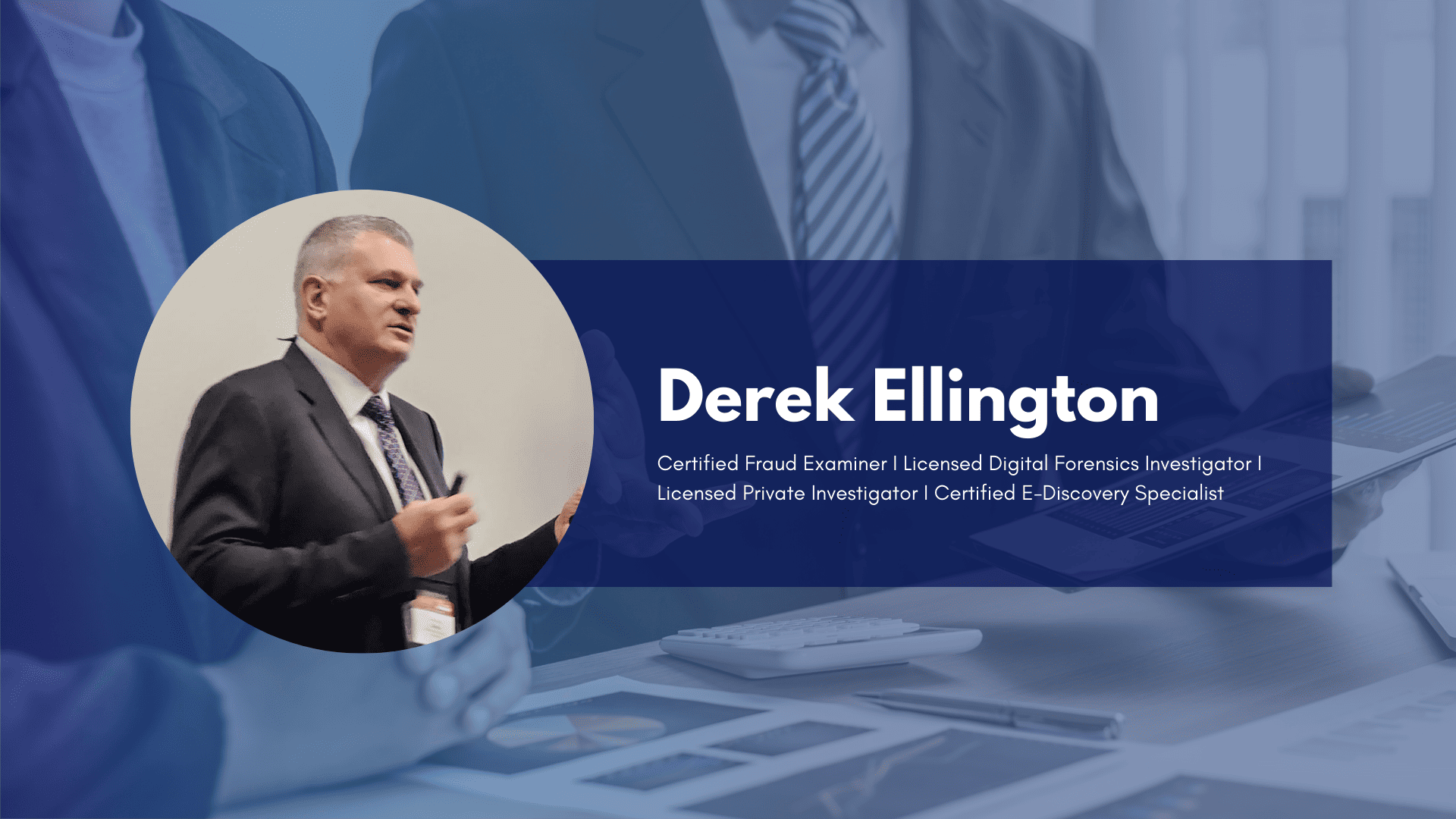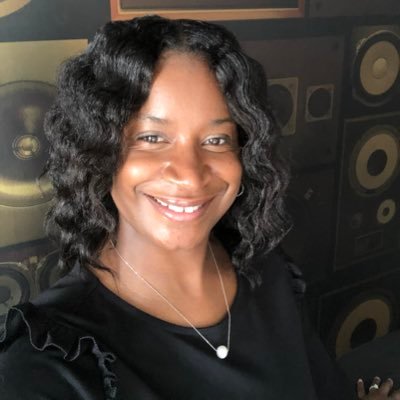Blue Ocean: Tell us about yourself and what you do.
Derek: I am a digital PI and fraud examiner. This means I check people’s cell phones and computers to determine what they’ve been doing. I work on different types of cases, from family law and domestic cases to criminal cases, business disputes, employee misconduct, and mysterious wrongful death cases. I also work on cases featured in TV shows. Sometimes, I’m the first to examine evidence from old cases, which is fascinating. People get excited when they find out what I do and want to talk about it, especially when there’s something in the news about digital crimes or digital evidence. This makes it fun.
So, collecting and finding the evidence is an interesting part of what we do, but then, as they say, “separating the wheat from the chaff” — drilling down to what is really important is also part of our job and what keeps it absorbing.
Related
Blue Ocean Global Technology Interviews Mark Scott | Litigation Shareholder at Buchalter
Blue Ocean: Why did you choose to work in this particular industry? And how would you say it has evolved from when you started?
Derek: The industry kind of chose me in the early nineties when I was young. I was passionate about computers and had my own IT company. In 2000, an all-women family law firm named Black Widow Law hired me to handle all their computer-related tasks. They pushed me into digital forensics when they asked me if I could look at a computer and tell what somebody had been up to for one of their cases. Since I was doing that all the time anyway for my corporate clients, I took it up.
I owe immense gratitude to the attorneys who not only got me started in digital forensics but also mentored me. They ensured I knew the rules of evidence and was comfortable testifying in court. This laid the groundwork for everything I do today. I get the same thrill I used to get from playing sports from a big court case, cross-examination, or deposition. My colleagues joke that testifying in court is now my sport — my big game.
While the cases share similarities, the landscape has evolved with regard to the amount of evidence available. Twenty years ago, you might have had somebody with a computer and maybe a flip phone, but today, a person may have a computer, laptop, tablet, and cell phone. Moreover, they have Facebook, Instagram, Twitter, and multiple email accounts.
Blue Ocean: What differentiates digital forensics from IT, and what skills and qualities does one require to excel in it?
Derek: Unlike regular IT, digital forensics requires not only high-level skills but also an understanding of the law and how to work with people, as well as an investigative mindset. Your mindset should be, “There’s a problem or puzzle; I want to solve it.” For instance, one of my technicians was working on a case where they were convinced the accused was guilty, and his mindset was, “I have to keep working until I find the evidence.” They ultimately found it, and that’s what keeps it exciting. You also have to be able to explain and defend your findings in court, which is an essential skill.
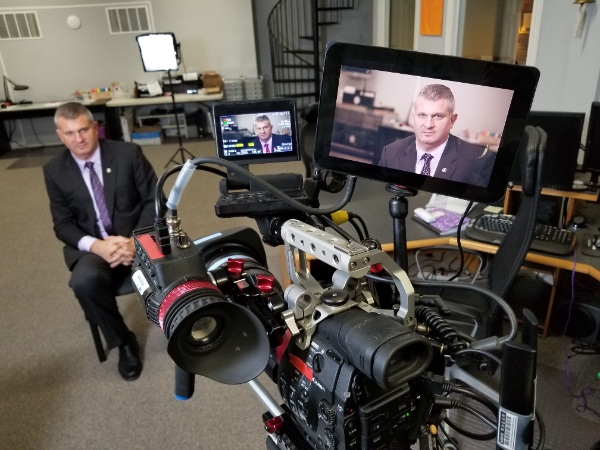
Blue Ocean: What is that one trend in your industry that excites you?
Derek: The most exciting, interesting, and potentially impactful thing in the industry is the right to repair movement. In essence, one of the problems we face as consumers of electronics is that many manufacturers lock their products and their ecosystems, making it difficult for consumers to repair, maintain, and upgrade their systems easily. Considering that my job is solving crimes, one would expect the manufacturers to collaborate with me and help solve those crimes. Instead, there often are arbitrary technical limitations on what we can do that prevent us from getting to the truth and helping the people we’re trying to help.
What’s exciting about the right to repair movement is it’s starting to force manufacturers to open up their products and infrastructure in a way that will benefit the consumer by granting us access to data either stored or transmitted through these products. That’s one of the big changes that I think will benefit my industry, and ultimately benefit our clients and customers who come to us for help accessing data.
Blue Ocean: According to you, what is the one top cyber threat that business owners face today?
Derek: Cyber threats cause misconceptions among many business owners, consumers, and even large enterprises. They focus on external threats, where people perceive a hacker as someone wearing a hoodie working from their basement. While these represent real threats and result in huge economic losses, the number one threat is internal — your own employees and systems.
Interestingly, while malicious employees who intentionally hurt the company are a problem, employees who lack training and understanding of cyber threats are worse. When I talk to businesses about protecting themselves, they focus on software technology or infrastructure. However, they rarely mention training their employees to recognize threats and secure their data by avoiding suspicious links or sharing passwords. If we can train employees, we reduce the external threats to a mere 1%, and we can devise strategies to deal with them. It starts with preventing our employees from inadvertently helping potential threats.
Blue Ocean: How do you differentiate yourself, and what underpins your success?
Derek: The answer to this question goes back to when I first got involved in digital forensics. I looked around to see who else was in the industry. I had to reach out to find other professionals to assist with cases. I would see websites for digital forensics companies, and it was hard to tell who the actual expert was. They didn’t even have the name of the expert. You had to dig to find out who was responsible. So early on, I told myself that that would not be the case for me. I’m responsible for my company name. When you go to my website, there’s no doubt that I’m the one in charge.
I think the other part of that is that our industry is scary. We often say that if you’re coming to see us you know you’re not winning in life — you have a problem. Being involved in litigation and dealing with attorneys or law enforcement is scary. So, if you’re in that position and have come to somebody like me, you give access to all your data and deep secrets. We understand this can be terrifying. Our logo is a little cartoon ninja with a cartoon engine. He is a good ninja, wearing a white ghee, similar to a white hat hacker. He’s friendly and warm. We also have little ninja stuffed animals and stickers. The point is for people to see us as humans with a sense of humor and warmth. This helps us guide them through some of the worst and scariest times of their life.
In short, what underpins our success is that while we are in a digital binary data industry that in itself can be cold and impersonal, we take every case personally. No matter how big or small, we know it’s crucial to the person involved.
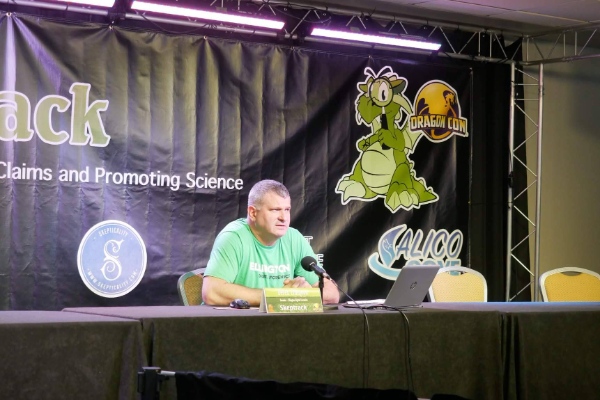
Blue Ocean: What is something unique you offer to your clients?
Derek: Our experience sets us apart. We have 20 years of digital forensics and ten years of in-depth IT experience. We have also worked and testified on many cases over the years. There’s that old quote, “If your only tool is a hammer, every problem looks like a nail.” Often, we work with other experts or law enforcement agencies who approach situations with a fixed perspective. They’re quick to form and stick to a narrative—which can be problematic, especially if it is false. So, what distinguishes us is being open-minded and having a wealth of experience to avoid falling into the trap of blind assumptions.
When we train new technicians, one of the things we stress is that you have to look at 100% of the data before making a decision. It’s easy to jump to a conclusion after only hearing part of the story. We consider all the evidence before making decisions, and that, unfortunately, is unique about us. There is a “see the first bit of evidence and then make assumptions” trend, and once a narrative is in place, especially an incorrect narrative, it’s really hard to change it after law enforcement or the courts form an idea of what they think happened.
Blue Ocean: What are your favorite things about your work?
Derek: One is being able to help people. The biggest thing to me in my current position is that it gives me a platform to talk about things that are important to me. I am an advocate for exploring the impact of technology on adolescents. We live in the “iPad generation,” where children are introduced to iPads from a very young age. They’re exposed to computers, and while that can be a wonderful tool for education, learning, and entertainment, it can also negatively impact our children if mishandled. Having worked on thousands of cases involving adolescents and their use of technology, I can talk to other people about the impact of technology on this generation and how it affects them and rewires the brain. It changes the way you view and interact with the world, and I think that’s very important. One of the biggest questions parents always ask us is about managing and monitoring their children — ensuring their use of technology and screen time is optimal and they are safe. I’ve been able to educate parents and help them understand better the impact of technology and how to keep their kids safe.
The other thing I’m passionate about in my role is what we do in our work. Unfortunately, we experience a lot of cases involving overdose, suicide, accidental poisoning, etc. One of the common elements of that is trying to reconstruct the deceased’s digital footprint to find out what happened to give their family closure. There’s information the family needs just to keep the little things going.
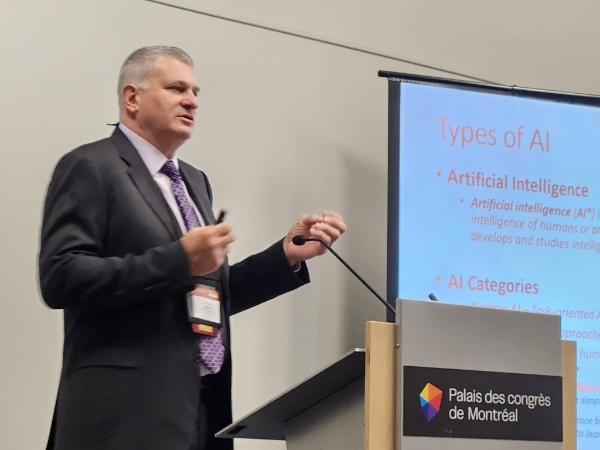
Blue Ocean: What has been the most rewarding part of your career?
Derek: The bonds I have formed along the way. My job has opened and still opens many doors for me. It allows me to do many things and work with great people, attorneys, and clients. And the best part about it is that it is a family business. My wife is an important part of it whom I couldn’t do without. I have been able to be around my children when they were growing up as they were always around the office. Our entire family and friends are invested in the business mentally and emotionally. They are very supportive, and all love and understand the importance of what we do.
Blue Ocean: What do you enjoy doing when you’re not working?
Derek: My family and I love the outdoors. Although I don’t get to spend as much time on the rivers as I would like, my kids, especially my oldest daughter, love activities like canoeing, kayaking, whitewater rafting, and hiking. We like to travel and are fortunate that we get to. We do not hold any reservations when it comes to unwinding because our jobs are very mental and data-driven. We enjoy just getting out without a plan or schedule and deciding what to do on the flight.
Blue Ocean: What advice would you give to your younger self and young people out there?
Derek: I would tell my younger self to buy Apple and Microsoft out. As a former athlete, I would also advise my younger self to take better care of his knees — “You’ll need them later.”
I would tell young people now that while being tech-savvy is great, technology is dynamic. People are the most important thing to focus on. Spend as much time learning people as you do technology, and that will benefit you in a lot of ways. Later in my career, when I became a certified fraud examiner and dealt a lot with white-collar crime, I learned investigative techniques, interview techniques, body language, etc. This taught me that the more you know about people, the more it will benefit you in your job and life in general. With today’s technological advancements, I think that is the advice that the younger generation needs to have.
Do you have a personal or professional story that can inspire other people into becoming the best version of themselves?
You are welcome to share your journey with our audience.

